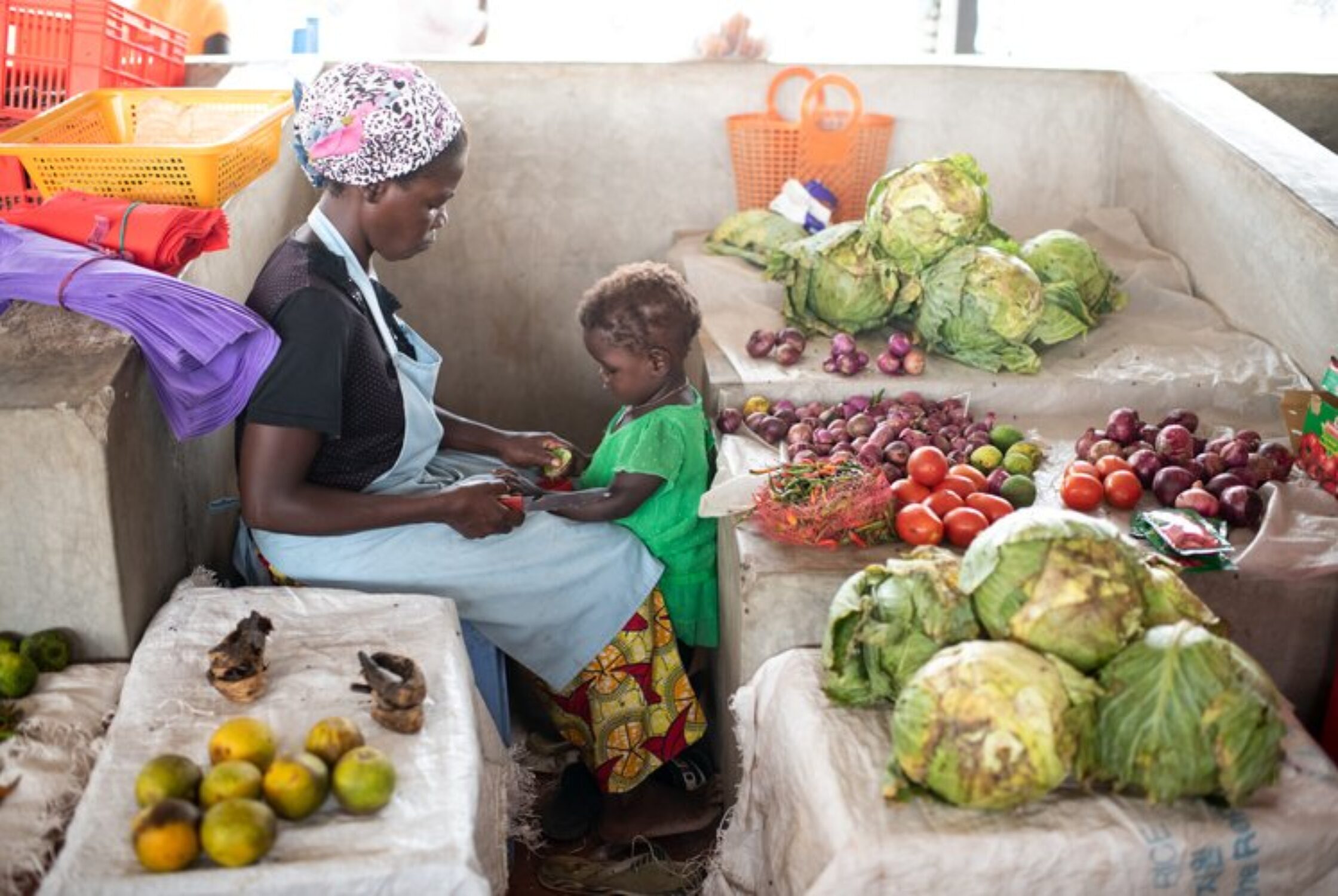Izza Leghtas is a senior fellow at Refugees International where she focuses on refugees’ access to the labor market. Izza was previously the organization’s Senior Advocate for Europe. She has researched and authored reports on the plight of refugees on Greece’s Aegean islands, refugees’ access to work in Turkey and Jordan, and abuses people on the move face in Libya, among others. She also led the organization’s advocacy efforts toward the European Union. Before joining Refugees International, Izza was a researcher at Human Rights Watch and, prior to that, Amnesty International. She also worked as a consultant for UNHCR’s Special Envoy for the Central and Western Mediterranean Situation and for the International Rescue Committee. Izza has a Masters degree from the College of Europe in Bruges, Belgium, and a Law degree from the University of Montpellier, France. She is fluent in English, Arabic, French and Spanish.
Publications by the Author
Shifting away from a model of humanitarian assistance to one of refugee self-reliance will be an economic boon to Rwanda. But it needs to take a more comprehensive approach.
As policymakers in Kenya continue to implement the new Refugee Act, they can learn from models other countries have adopted.
Kenya’s Refugee Act 2021 has introduced key changes that can enhance the economic inclusion of refugees living in the country.
Izza Leghtas and David Kitenge spoke with Allan Mukuki, an advocate at the High Court of Kenya and legal expert, about what can be expected from Kenya’s new Refugee Act.
The question is not “How can Kenya afford to include refugees in its labor market and economy?” but “How can it afford not to?”
Venezuelans in Peru can make positive contributions to the Peruvian economy if given the chance to access work.
The economic fallout of the COVID-19 pandemic has hit displaced Venezuelans in Colombia particularly hard.
Turkey is home to the largest refugee population in the world. But with an economic downturn and a rising unemployment rate, refugees in Turkey are facing increasing hostility.
Several countries around the world including Jordan are slowly recognizing the right of refugees to work and providing them opportunities to join the formal labor market.
The fate of Venezuelans in Curaçao might very well be the worst of those seeking refuge in the region.









